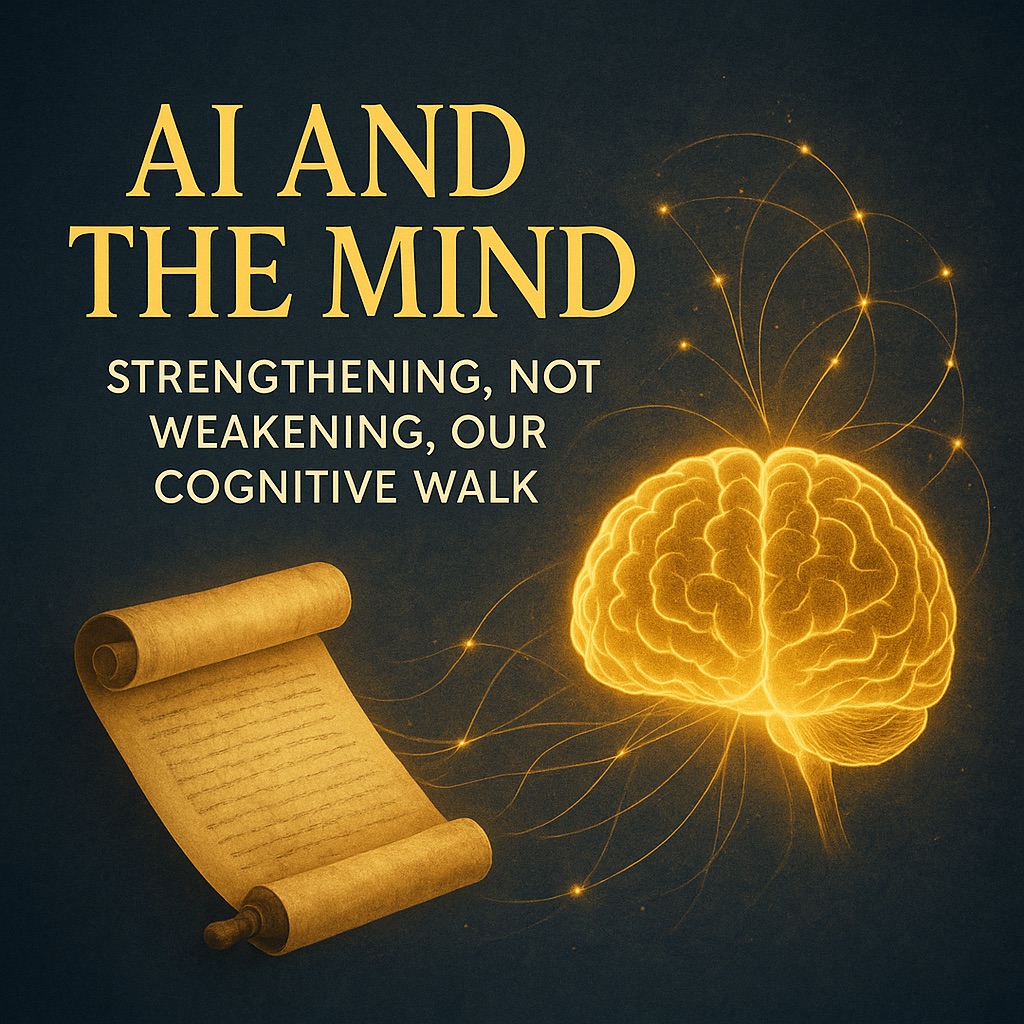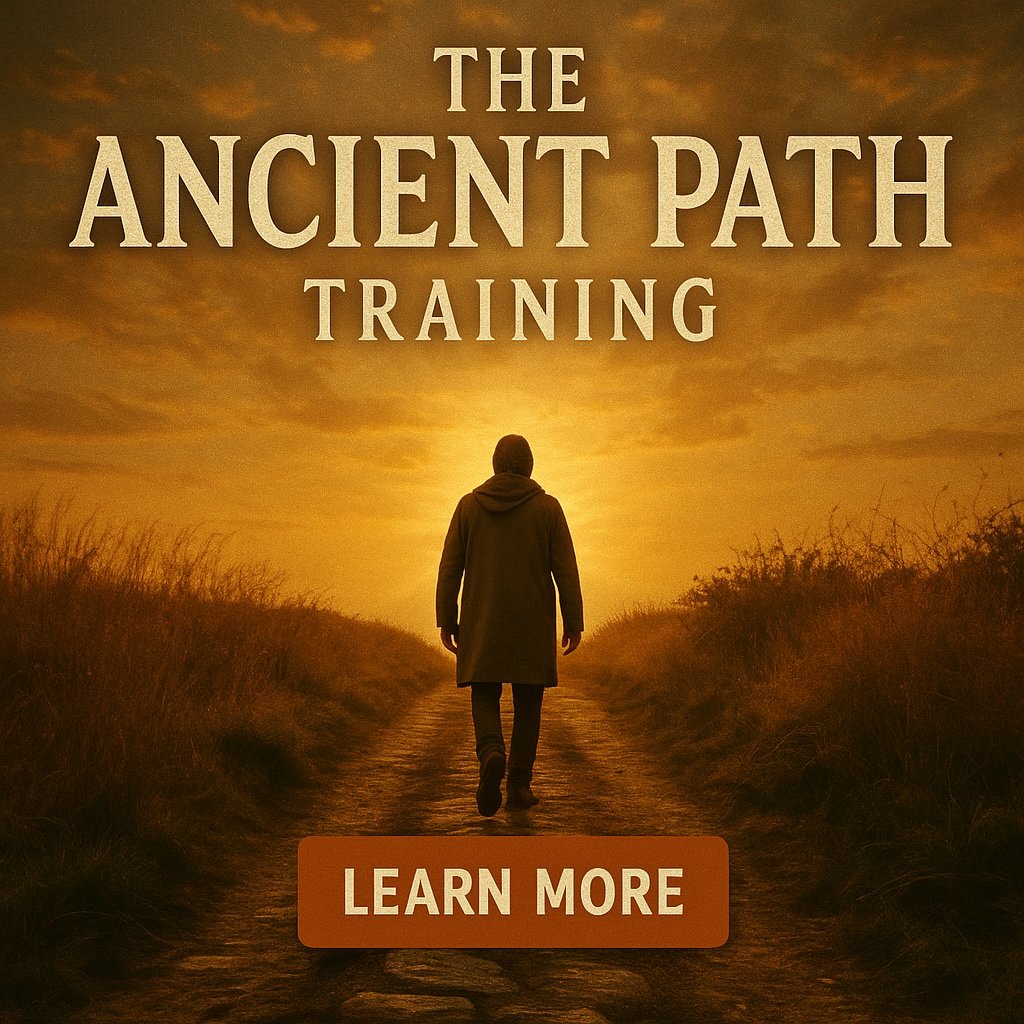
Introduction
Recently, viral images and headlines claimed that using ChatGPT “dulls your brain” and decreases memory. One meme even pretended that MIT brain scans showed users had weaker mental function. While eye-catching, these claims are exaggerated and misleading.
Our Plan
While this can certainly have repercussions like any piece of technology; we took a different approach. The first thing we did was pray about using it. We then got the green-light from the Father as time is short and this was a way to get things done quickly. We then created a prayer to pray over the usage and locked things into place spiritually to ensure that there was no interference by the enemy. This is a crucial step in the process. You never want to do things of your own accord.
At Spiritual Warfare and Deliverance (SWAD), we approach every tool through the lens of Torah, discernment, and Kingdom purpose. The truth is this: AI can weaken your thinking if you let it replace your effort. But if you use it with wisdom, it can sharpen your mind and amplify your ability to teach, create, and disciple. We have had good results due to approaching it with the Father and not plunging ahead and having no restrictions like some “ministries” have done.
The Risk: Passive Dependence
AI provides instant answers. If someone only copy-pastes without engaging, their brain enters a passive state:
• Memory retention decreases
• Writing feels robotic or soulless
• Learning slows down
This is the “danger zone” of AI use.
The Strength: Active Engagement
The way we use ChatGPT and other tools at SWAD is the opposite. Instead of outsourcing thought, we partner with the tool to deepen learning and creation. Here’s how:
• Dialogue, Not Dictation: Every answer is refined, questioned, and reworked until it aligns with Scripture and revelation.
• Integration: ChatGPT outputs are tied into Hebrew roots, prophetic insights, and Kingdom teaching. This weaves new understanding into our established framework.
• Iteration: Nothing stays as-is. Drafts are redone, layered, and sharpened until they carry authenticity and depth.
• Application: Outputs become sermons, deliverance protocols, books, conference scripts, and prayers. They’re lived out, not just stored on a screen.
This approach turns AI into a catalyst for thought — not a replacement.
⸻
My Experience at SWAD
When I use ChatGPT, I never simply accept what it gives me. I:
• Shape it to fit Hebraic truth.
• Anchor it in my voice and calling.
• Cross-check everything with Scripture and prophetic revelation.
• Refuse passive consumption.
That’s why far from dulling my mind, this process strengthens it. It demands discernment, creativity, and leadership.
⸻
The Framework for Responsible Use
We even created a Cognitive Strength Checklist to guide ourselves and our team. It keeps us in the “strength zone”:
1. Start with intention.
2. Treat AI like a sparring partner.
3. Refine outputs.
4. Anchor in your own voice.
5. Cross-check with Scripture.
6. Apply teachings in real life.
7. Teach back to others.
When used this way, AI doesn’t erode thought — it forges stronger minds.
⸻
Conclusion
The enemy counterfeits every tool. AI can become a trap of laziness, or it can be used as an instrument for Kingdom advancement. At SWAD, we choose the latter. We don’t fear new tools, but we also don’t bow to them. We discern, refine, and integrate them into YHWH’s design for teaching and deliverance.
AI doesn’t have to dull your brain. Used with Spirit-led intention, it can sharpen it. We thought it best to inform and encourage responsible usage for others. Let everything be done decently and in order. Amen!













